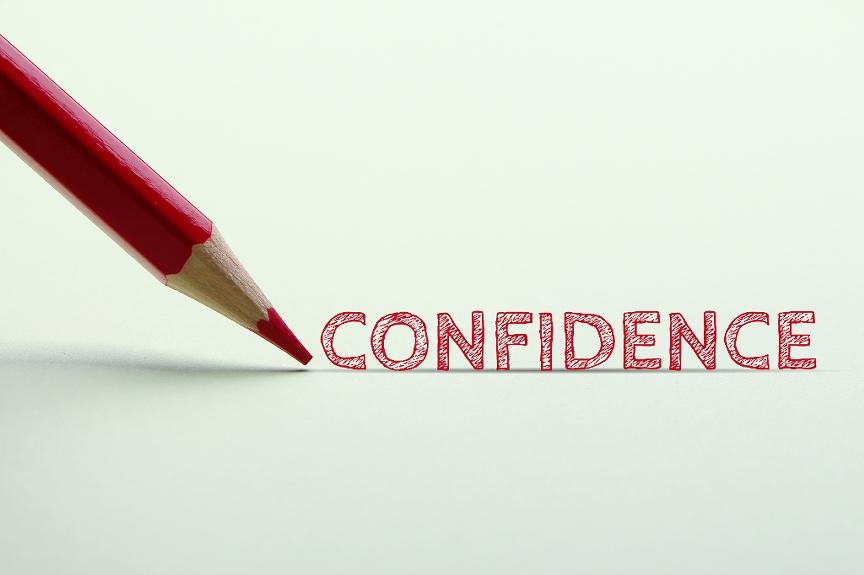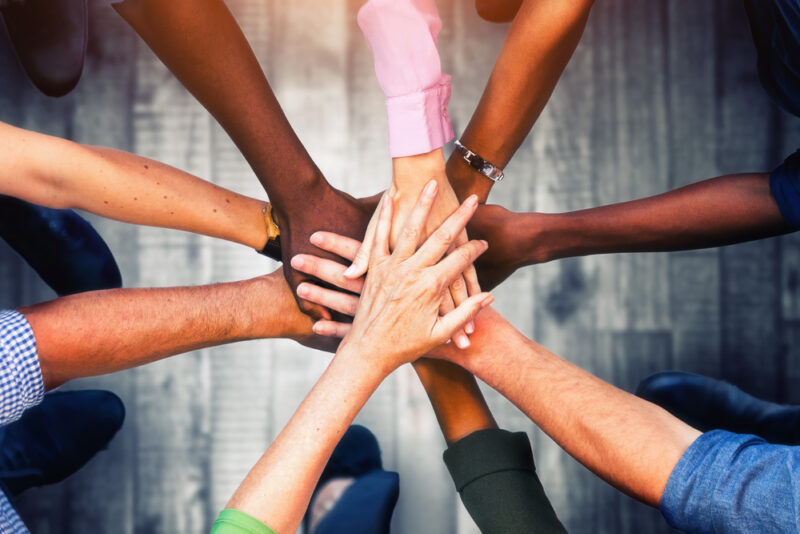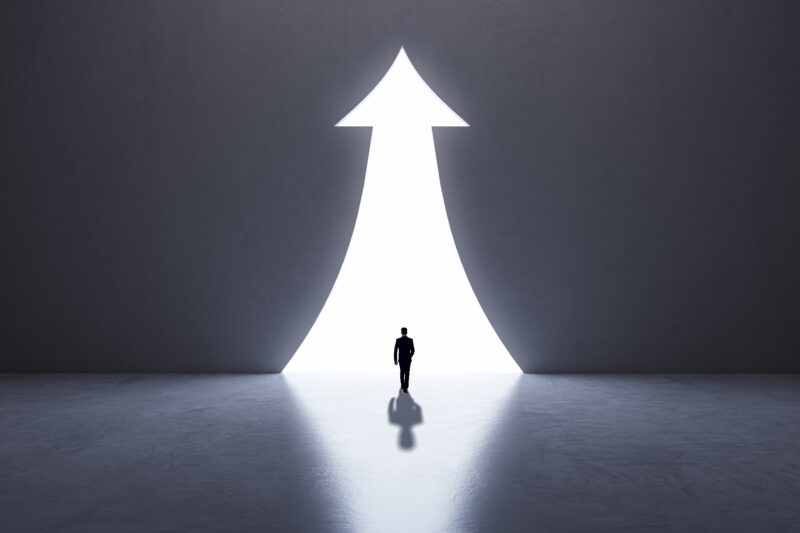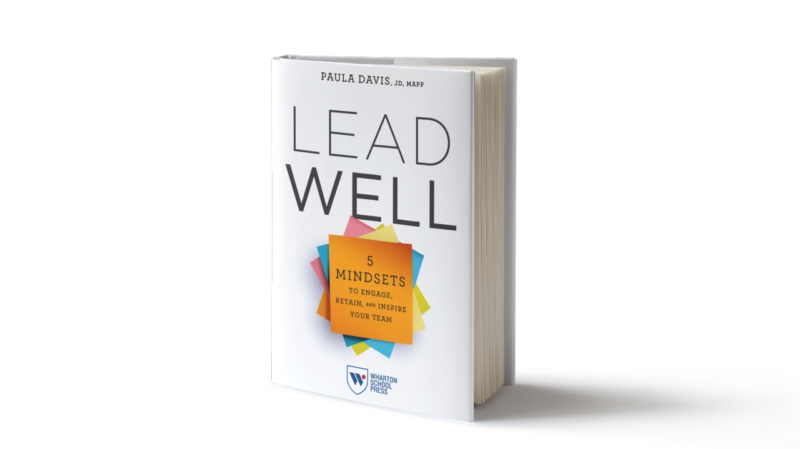The type of confidence that helps you achieve is called self-efficacy, and it’s the general belief in your ability to solve work/life challenges and succeed. It’s also domain specific, which means that you may feel highly confident negotiating a contract but have little confidence leading a new committee.
Self-efficacy is also highly developable.
While you can build your confidence generally, it’s best to pick a targeted area to develop. First, start by deciding which area of efficacy you want to build: Your negotiating efficacy? Public speaking efficacy? Business development efficacy? Client interaction efficacy?
Then map out how you want to develop it based on the categories below. Self-efficacy is developed in the following ways (in order of effectiveness):
Mastery experiences. Mastery experiences have been shown to be the most effective way to build your confidence. They are simply you getting a chance to learn by doing and being successful at the performance of new skills.
Vicarious experiences. These are observed experiences where you learn by watching others. Attending hearings and closings will help you develop confidence in your law practice. Ask to attend client pitch meetings and take notes about what strategies the attorneys use with potential clients.
Verbal persuasion. Confidence is also developed when you learn by being coached by a credible and respected source about your efforts. Quick praise given by someone you barely know is like confidence fast food – it will feel good in the moment but will then go straight to your hips (and will soon be forgotten). Effective self-efficacy builders express confidence in your ability to succeed and will look for opportunities for you to do so, will give you feedback and guidance and will recognize you for a job well done.
The personal and professional benefits of self-efficacy are numerous:
• Self-efficacy has been shown to be a strong predictor of positive affect and activates adaptive coping strategies, such as planning, positive reframing and acceptance.
Those with high self-efficacy are better able to identify new business opportunities, create new products, think creatively, commercialize ideas and persevere under stress and pressure.
Innovation is a hot topic in many different industries, but innovating can tax even the most resilient person. Innovating often requires heavy investments of time and money, and the benefit may not be realized for months or years; however, effective leadership requires receptivity to innovation, and efficacy beliefs influence receptivity.
In one study, managers’ perceived technical efficacy influenced how ready they were to adopt new electronic tech innovations. In addition, efficacy beliefs affect not only managers’ receptivity to tech innovations, but also the readiness with which employees adopt them!
Professionals with high self-efficacy perceive more of their work demands as challenge demands (i.e., the effortful parts of your work that you view as pathways to growth), which leads to more engagement at work and less burnout.
Most importantly, when you develop these beliefs about your capabilities, they stick. A strong sense of self-efficacy has been shown to predict coping behavior five years later, health functioning four years later and maintenance of habit changes over long time intervals. In addition, building your self-efficacy in one area of your work or life spills over into other areas – your brain says, “bring it on” to all sorts of challenges and new opportunities to learn.
Having a confidence mindset applies to both new and seasoned professionals alike. Please let me know how you plan to develop your confidence this year!
Want to know more? Download my free “Is It Stress or Is It Burnout” strategy guide here. You can also learn about our speaking and training programs here.
[/fusion_text][/fusion_builder_column][/fusion_builder_row][/fusion_builder_container]






